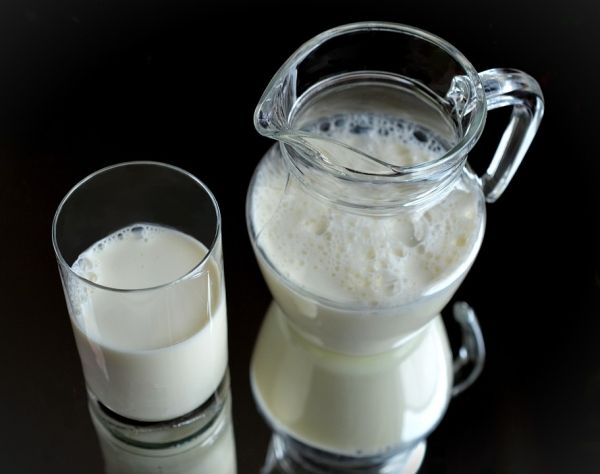Raw or unpasteurized cows’ milk from U.S. retail stores can hold a huge amount of antimicrobial-resistant genes if left at room temperature, according to a new study from researchers at the University of California, Davis. The study also found bacteria that harbored antimicrobial-resistant genes can transfer them to other bacteria, potentially spreading resistance if consumed. The study was published in the journal Microbiome.
“We don’t want to scare people, we want to educate them. If you want to keep drinking raw milk, keep it in your refrigerator to minimize the risk of it developing bacteria with antibiotic-resistant genes,” said lead author Jinxin Liu, a postdoctoral researcher in the Department of Food Science and Technology at UC Davis.
Lacking in probiotics
An estimated 3 percent of the U.S. population consumes unpasteurized, or raw, milk, which has not been heated to kill pathogens and extend shelf life. Raw milk is often touted to consumers as having an abundant supply of probiotics, or healthy bacteria, compared with pasteurized milk. UC Davis researchers did not find that to be the case.
“Two things surprised us,” said Liu. “We didn’t find large quantities of beneficial bacteria in the raw milk samples, and if you leave raw milk at room temperature, it creates dramatically more antimicrobial-resistant genes than pasteurized milk.”
Read more at University of California, Davis
Photo Credit: congerdesign via Pixabay


